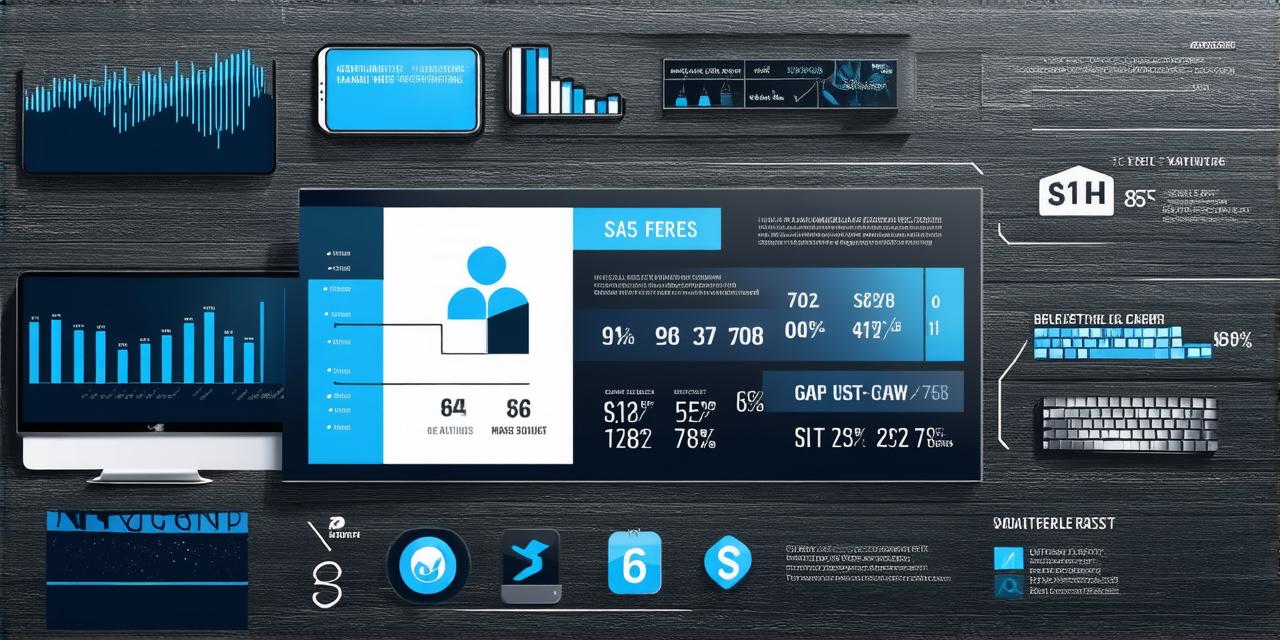In today’s digital age, businesses are constantly seeking ways to reach their target audience and drive sales. One strategy that has been gaining popularity in recent years is digital marketing. But is it really a legitimate strategy, or just another trendy buzzword? In this article, we will explore the pros and cons of digital marketing and examine its effectiveness in helping businesses achieve their goals.
The Pros of Digital Marketing
Cost-Effective
One of the biggest advantages of digital marketing is that it can be very cost-effective. Compared to traditional marketing methods like TV and print ads, digital marketing campaigns are typically much cheaper to run. Additionally, many digital marketing tools and platforms offer flexible pricing plans, allowing businesses to customize their campaigns to fit their budget.
Targeted Reach
Digital marketing allows businesses to reach their target audience in a highly targeted way. By using data and analytics, businesses can identify which demographics are most likely to be interested in their products or services, and tailor their campaigns accordingly. This not only saves time and money, but also increases the likelihood of success.
Measurable Results
Another advantage of digital marketing is that it provides measurable results that allow businesses to track their progress and adjust their strategies accordingly. Tools like Google Analytics can provide detailed insights into how people are interacting with a business’s website, including where they came from, what pages they visited, and how long they stayed on the site. This information can then be used to optimize campaigns and improve performance.
The Cons of Digital Marketing
Short-Term Focus
While digital marketing can be highly effective at driving short-term results, it may not be the best strategy for businesses that are looking for long-term growth. Unlike traditional marketing methods like print ads or billboards, which can provide a steady stream of exposure over time, digital marketing campaigns typically have a limited lifespan.
Dependence on Technology
Digital marketing is heavily reliant on technology, and this can be both a strength and a weakness. On the one hand, advances in technology have made it easier than ever to reach and engage with customers online. On the other hand, businesses that rely too heavily on digital marketing may find themselves vulnerable to technical failures or outages that could disrupt their campaigns.
Overcrowding
As more and more businesses turn to digital marketing, competition for attention in the online space is increasing. This can make it difficult for businesses to stand out and be seen by their target audience, especially if they are competing against larger, better-established brands.
Case Studies
Airbnb
Airbnb is a great example of a company that has successfully used digital marketing to reach its target audience and drive growth. By leveraging social media platforms like Facebook and Instagram, as well as targeted advertising campaigns on Google and other search engines, Airbnb has been able to reach millions of potential customers around the world.

Warby Parker
Warby Parker is another company that has used digital marketing effectively to reach its target audience. By building a strong online presence through its website and social media channels, as well as running targeted advertising campaigns on platforms like Google and Facebook, Warby Parker has been able to disrupt the eyewear industry and establish itself as a leading player in the space.
The Risks of Digital Marketing
While digital marketing can be an effective way to reach customers and drive business growth, it also comes with its own set of risks. These include:
- Security Risks
Digital marketing campaigns often involve collecting personal information from customers, which can make them vulnerable to security breaches and data theft. Businesses that fail to properly secure their customer data can face significant legal and financial consequences.



